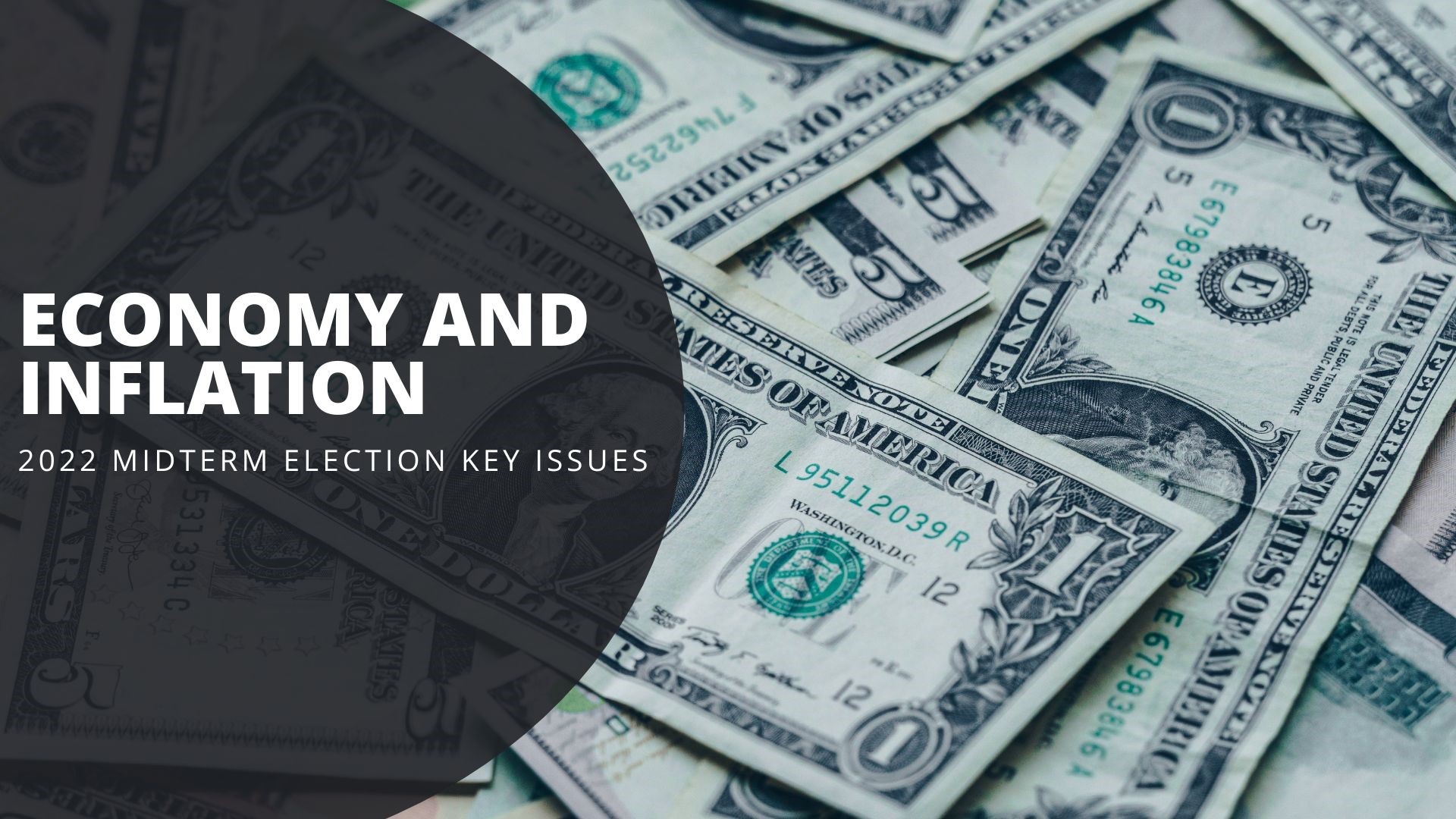ATLANTA — It will come as no surprise in this election season, but Georgians are focused on pocketbook issues as they head to the polls.
In a new 11Alive poll, respondents consider inflation and the general state of the economy their No. 1 issue by far - with more than half of respondents (54%) citing one of those two as their top concern as they prepare to vote.
The poll was conducted by SurveyUSA among 1,171 Georgia likely voters between Oct. 29 and Nov. 2.
While it's not surprising economic conditions are top of mind, the newest poll shows that heightened attention is nonetheless still increasing as Election Day nears: In our last polling done in early October, 47% of respondents ranked economy or inflation their top issue.
This poll represents a 7% increase on that figure.
In addition to being asked for their top issue, those voters were also asked for their general view of the economy currently and how they will see it changing over the next two years.
Here's how the full results broke down:
11Alive Georgia issues poll
Question: Which one of these issues will be most important to you when voting this fall? (margin of error: 3.7%)
- Affordable housing: 3%
- Access to healthcare: 3%
- Immigration: 4%
- Economy: 22%
- High cost of living / inflation: 32%
- Threats to democracy: 8%
- Crime: 5%
- Abortion: 10%
- Guns: 4%
- The Supreme Court: 1%
- Education: 3%
- Other: 1%
- Not sure: 1%
11Alive economic outlook poll
(This poll was conducted among all 1,800 people contacted by SurveyUSA, with a margin of error of 3.2%. The above poll only considered the responses of 1,171 respondents identified as likely voters.)
Question: How would you rate today's economy? Excellent? Good? Fair? Or poor?
- Excellent: 3%
- Good: 12%
- Fair: 31%
- Poor: 51%
- Not sure: 3%
Question: Over the next two years, do you think the economy will get better? Worse? Or stay about the same?
- Get better: 25%
- Get worse: 42%
- Stay about the same: 21%
- Not sure: 13%
Additional insights
There are notable partisan and racial splits to these results. Those include:
- White respondents (60%) and respondents identifying their race as Asian or another (61%) are more inclined to see the economy or inflation as their No. 1 concern than Black respondents (44%) and Hispanic respondents (51%).
- Black respondents see abortion (13%) nearly as important as the state of the economy (16%) though inflation (28%) is the top issue.
- Respondents identifying their race as Asian or another also rate abortion (16%) close to the economy (21%) but behind inflation (40%).
- Hispanic respondents rate immigration (16%) as their third-most important issue after economy (26%) and inflation (25%).
- White respondents do not have a third issue at 10% or higher, with abortion the closest at 9%.
- Republicans (67%) are the voters likeliest to rate economy/inflation highest, considerably ahead of Democrats (41%). Independents are at 56%.
- Across income levels, economy/inflation rates No. 1 at 53% for those making under $40,000, 51% for those making between $40,000-$80,000 and 60% for those making more than $80,000.
- For those in the lowest income bracket, abortion (12%) is the next most-important issue. This is true for those in the middle income bracket (10%) as well.
- Black respondents are the most likely to rate the economy "excellent" or "good" (21%) ahead of Asian and other respondents (18%), white respondents (13%) and Hispanic respondents (12%).
- Black respondents are also the least likely to see it as "poor" (35%) relative to Asian and other respondents (42%), Hispanic respondents (50%) and white respondents (61%).
- Respondents identifying their race as Asian or another are the likeliest to see the economy improving in the next two years (36%), ahead of Black respondents (33%), white respondents (21%) and Hispanic respondents (13%).
- Democrats (24% rating of "excellent" or "good") have a more positive outlook on the current state of the economy than Republicans (9%). A plurality of Democrats (42%) see the economy getting better in the next two years, versus just 15% of Republicans. A majority of Republicans (54%) see the economy getting worse, versus 26% of Democrats.

